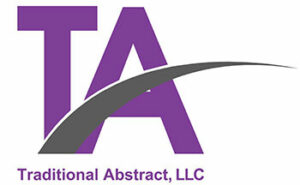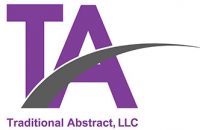5 things to know about 1031 exchange
A 1031 exchange, also known as a like-kind exchange or a tax-deferred exchange, is a tax strategy that allows real estate investors to defer capital gains taxes when selling one investment property and purchasing another. Traditional Abstract can help you with 1031 exchange in and around Allentown, Lehigh Valley, Bethlehem, PA, Easton, PA, Nazareth, PA.
Here are 5 key things to know about 1031 exchanges:
- Eligible Properties:
1031 exchanges are typically used for real property investments such as residential or commercial real estate. However, not all real estate qualifies; personal residences, primary homes, and properties outside of the United States are generally excluded.
- Like-Kind Requirement:
To qualify for a 1031 exchange, the replacement property must be of like-kind to the relinquished property. Like-kind doesn’t mean identical; it refers to the nature or character of the investment. For example, you can exchange a rental property for another rental property.
- Timing Rules:
Strict timing rules apply to 1031 exchanges. You must identify a potential replacement property within 45 days of selling the relinquished property and complete the exchange by acquiring the replacement property within 180 days or by the due date of your tax return, whichever comes first.
- Qualified Intermediary:
To facilitate a 1031 exchange, you must use a qualified intermediary (QI) who will hold the sale proceeds from the relinquished property and ensure compliance with IRS regulations. You cannot have direct control over the funds to maintain tax-deferred status.
- Capital Gains Deferral:
The primary benefit of a 1031 exchange is the deferral of capital gains taxes. Instead of paying taxes immediately upon the sale of the relinquished property, you can defer them until you sell the replacement property without any limit on the number of exchanges you can undertake.
Potential Tax Implications Upon Sale:
When you eventually sell the replacement property without conducting another 1031 exchange, you will be liable for capital gains taxes at that time. However, by continually using 1031 exchanges, you can potentially defer taxes indefinitely.
It’s crucial to work with experienced tax professionals and follow IRS guidelines carefully when considering a 1031 exchange, as it involves complex regulations and can have significant financial implications. Additionally, tax laws can change, so staying informed about the most current rules is essential for successful tax planning. Kindly call us without any hesitation.

